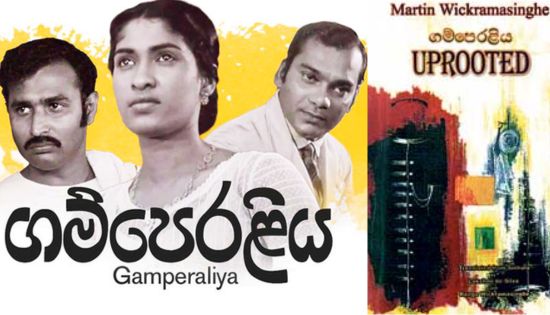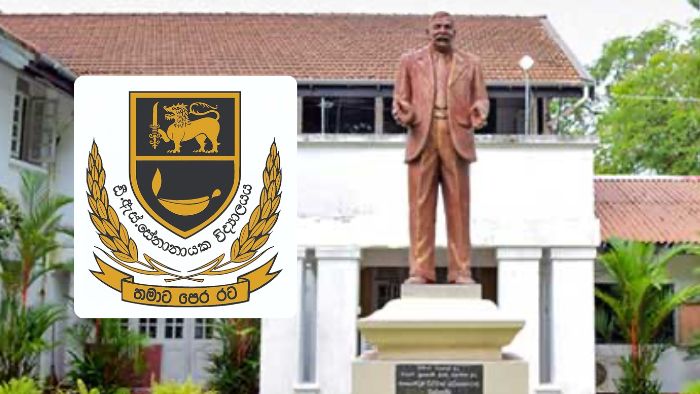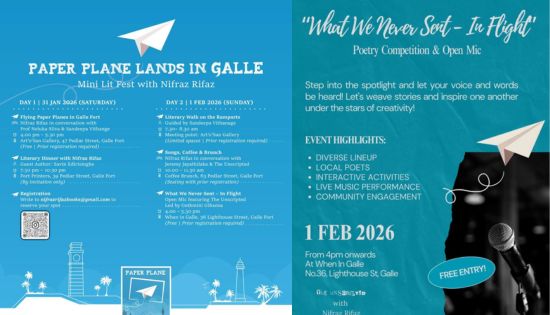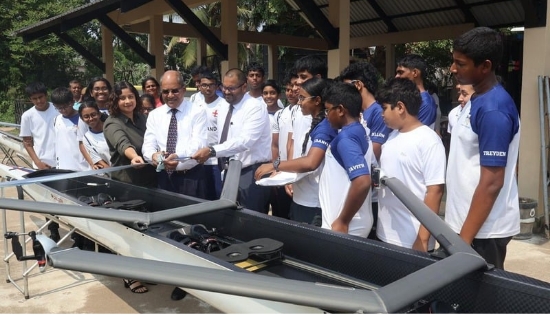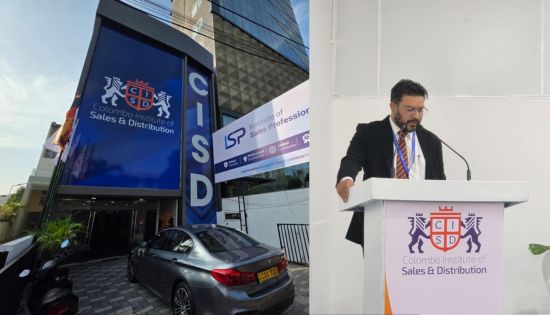Is There One Technique That Accommodates Every Child?

Teachers often search for a single method or “best practice” that can support every learner in the classroom. However, research and classroom experience clearly show that no single technique can accommodate the diverse needs of all children. Each student brings unique abilities, backgrounds, interests, and learning styles, which means teaching must be flexible and responsive rather than uniform.
This is where Universal Design for Learning (UDL) and differentiated instruction become central to teacher practice. Instead of relying on one rigid approach, UDL encourages teachers to design lessons with multiple pathways for engagement, representation, and expression. For example, a lesson on ecosystems can combine visual diagrams, hands-on experiments, videos, and storytelling, ensuring that students with different learning preferences can access the content meaningfully.
Similarly, differentiated instruction requires teachers to adjust content, process, or assessment according to student readiness, interest, and learning profile. In practice, this may mean offering tiered tasks, flexible grouping, or choice in how students demonstrate understanding. Such strategies are not about lowering standards but about ensuring equity of access.
At the heart of both UDL and differentiation is a child-centered philosophy. Teachers become facilitators who design learning environments that respect individual differences rather than expecting children to fit into a single teaching model. Inclusive practices, such as scaffolding, peer collaboration, and formative feedback, further ensure that no learner is left behind.
In conclusion, while there is no one technique that suits every child, teachers can adopt a framework of flexibility. By blending evidence-based approaches like UDL and differentiation, educators can create inclusive classrooms where diversity is not a challenge but a strength. The goal is not to find one perfect technique, but to develop adaptive teaching that responds to every learner’s needs.
Related News
D. S. Senanayake College Marks 59 Years, Reaffirms ‘Country Before Self’ Legacy
"Country Before Self", an immortal slogan entrenched in the heartbeats of every Senanayakian, stands as the guiding principle of D. S. Senanayake…
Read MorePaper Plane Lands in Galle: A Mini Lit Fest with Nifraz Rifaz
Galle Fort is set to welcome a unique literary experience this weekend as Paper Plane Lands in Galle, a two-day mini literature…
Read MoreGateway Expands Fleet to Further Strengthen Its Rowing Programme
Gateway Rowing marked a historic milestone with the acquisition of two state-of-the-art Falcon Racing boats: a quad-four convertible, Dreadnought, and a single…
Read MoreCISD Launches to Transform Sales Education and Build Sri Lanka’s Next Generation of Sales Professionals
Sri Lanka has long produced talented, resilient, and hardworking sales professionals across every major industry. Yet for decades, the sales function—despite being…
Read MoreRead • Watch • Learn
Stories often teach us more than textbooks ever could. This EduWire series explores books, films and series as spaces of learning –…
Read MoreCourses
-
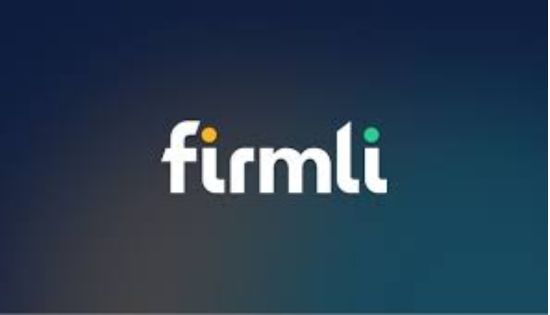
The future of higher education tech: why industry needs purpose-built solutions
For years, Institutions and education agencies have been forced to rely on a patchwork of horizontal SaaS solutions – general tools that… -

MBA in Project Management & Artificial Intelligence – Oxford College of Business
In an era defined by rapid technological change, organizations increasingly demand leaders who not only understand traditional project management, but can also… -

Scholarships for 2025 Postgraduate Diploma in Education for SLEAS and SLTES Officers
The Ministry of Education, Higher Education and Vocational Education has announced the granting of full scholarships for the one-year weekend Postgraduate Diploma… -

Shape Your Future with a BSc in Business Management (HRM) at Horizon Campus
Human Resource Management is more than a career. It’s about growing people, building organizational culture, and leading with purpose. Every impactful journey… -

ESOFT UNI Signs MoU with Box Gill Institute, Australia
ESOFt UNI recently hosted a formal Memorandum of Understanding (MoU) signing ceremony with Box Hill Institute, Australia, signaling a significant step in… -

Ace Your University Interview in Sri Lanka: A Guide with Examples
Getting into a Sri Lankan sate or non-state university is not just about the scores. For some universities' programmes, your personality, communication… -

MCW Global Young Leaders Fellowship 2026
MCW Global (Miracle Corners of the World) runs a Young Leaders Fellowship, a year-long leadership program for young people (18–26) around the… -

Enhance Your Arabic Skills with the Intermediate Language Course at BCIS
BCIS invites learners to join its Intermediate Arabic Language Course this November and further develop both linguistic skills and cultural understanding. Designed… -

Achieve Your American Dream : NCHS Spring Intake Webinar
NCHS is paving the way for Sri Lankan students to achieve their American Dream. As Sri Lanka’s leading pathway provider to the… -

National Diploma in Teaching course : Notice
A Gazette notice has been released recently, concerning the enrollment of aspiring teachers into National Colleges of Education for the three-year pre-service… -

IMC Education Features Largest Student Recruitment for QIU’s October 2025 Intake
Quest International University (QIU), Malaysia recently hosted a pre-departure briefing and high tea at the Shangri-La Hotel in Colombo for its incoming… -

Global University Employability Ranking according to Times Higher Education
Attending college or university offers more than just career preparation, though selecting the right school and program can significantly enhance your job… -

Diploma in Occupational Safety & Health (DOSH) – CIPM
The Chartered Institute of Personnel Management (CIPM) is proud to announce the launch of its Diploma in Occupational Safety & Health (DOSH),… -

Small Grant Scheme for Australia Awards Alumni Sri Lanka
Australia Awards alumni are warmly invited to apply for a grant up to AUD 5,000 to support an innovative project that aim… -

PIM Launches Special Programme for Newly Promoted SriLankan Airlines Managers
The Postgraduate Institute of Management (PIM) has launched a dedicated Newly Promoted Manager Programme designed to strengthen the leadership and management capabilities…
Newswire
-

Buddha relics from Gujarat to be exhibited at Gangaramaya Temple from February 4
ON: February 1, 2026 -
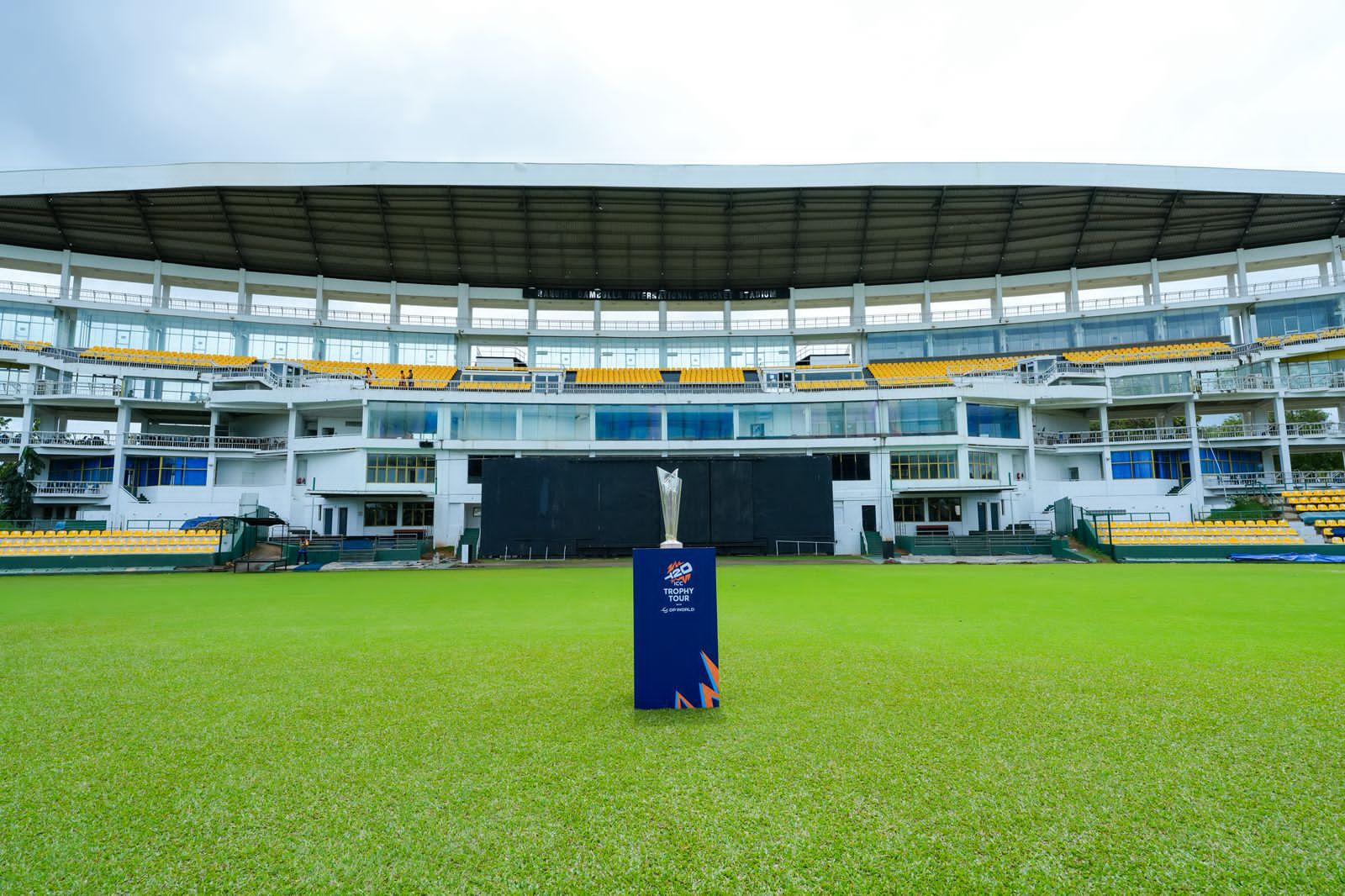
ICC T20 World Cup trophy arrives in Jaffna today: full schedule
ON: February 1, 2026 -

Sri Lanka signs landmark agreement to increase plantation wages
ON: February 1, 2026 -
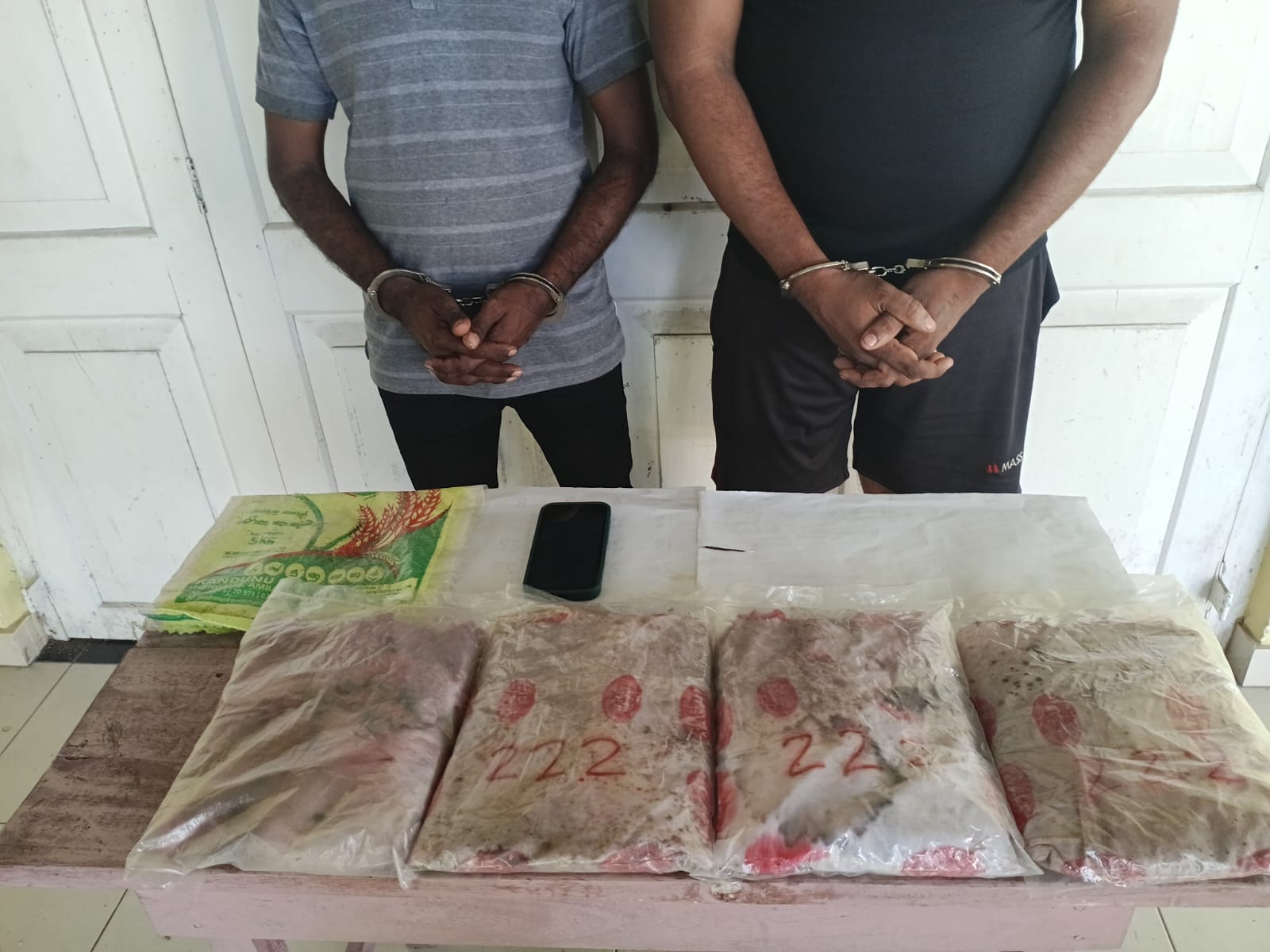
Two Arrested with Over 5 Kilograms of Heroin in Bentota
ON: February 1, 2026 -
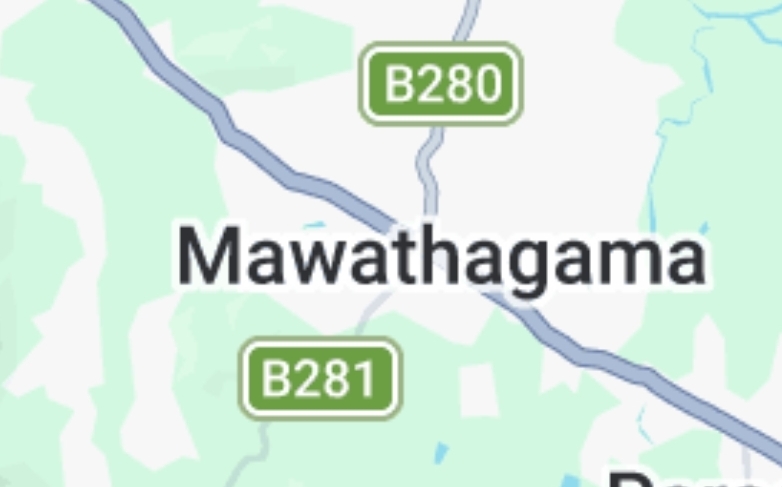
14 Behind Bars After Fake CID Officers Heist Temple Statue
ON: February 1, 2026

